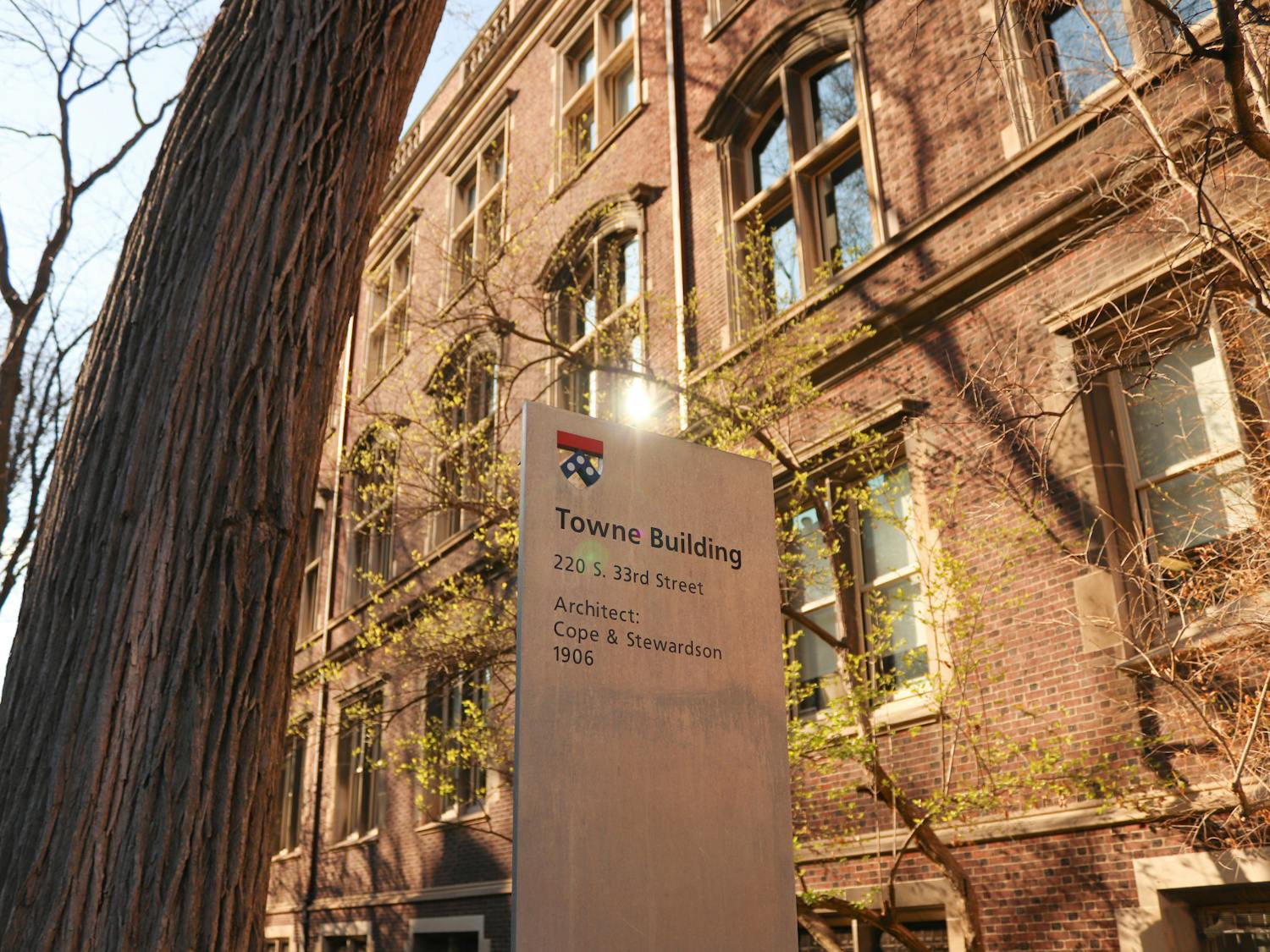The regional National Labor Relations Board ruled last Thursday that Penn's graduate students do not have the right to unionize under the protection of the NLRB. The decision dealt a harsh blow to Penn's would-be graduate student union, Graduate Employees Together-University of Pennsylvania.
This ruling was in accordance with the lengthy NLRB decision, announced in July, that declared Brown University graduate teaching and research assistants to be essentially students who do not have the right to unionize and negotiate over wages or benefits. The decision was a major setback to the ongoing national unionization movement by graduate students at private universities.
Calling the relationship between Brown's graduate student assistants and the university an "educational" one, the NLRB decision stated, "Because they are first and foremost students, and their status as a graduate assistant is contingent on their continued enrollment as students, we find that they are primarily students."
The NLRB decision went on to state that "there is a significant risk, even a strong likelihood, that the collective-bargaining process will be detrimental to the educational process."
NLRB Regional Director Dorothy Moore-Duncan said she was "bound by the board's decision in Brown" and therefore dismissed the GET-UP petition.
The Brown decision was a complete reversal of the 2000 New York University NLRB ruling, which determined that graduate teaching and research assistants have the right to unionize, as their increased responsibilities place them in the category of workers. As a result of this ruling, NYU formed the first graduate student employee union at a private university.
Critics of the recent Brown decision have noted that the labor board ruled 3-2 along party lines.
The current Republican-controlled board reversed the NYU decision that was made during former President Bill Clinton's administration. The three Republican judges who heard the Brown petition and sided with the university were appointed by President George W. Bush.
The dissenting opinion, presented jointly by the two Democrats, demonstrated how polarized the graduate unionization issue has become.
"Today's decision is woefully out of touch with contemporary academic reality," according to the dissenting voice in the Brown ruling.
"It disregards the plain language of" Section 2(3) of the National Labor Relations Act, which "defines employees so broadly that graduate students who perform services for, and under the control of, their universities are easily covered."








